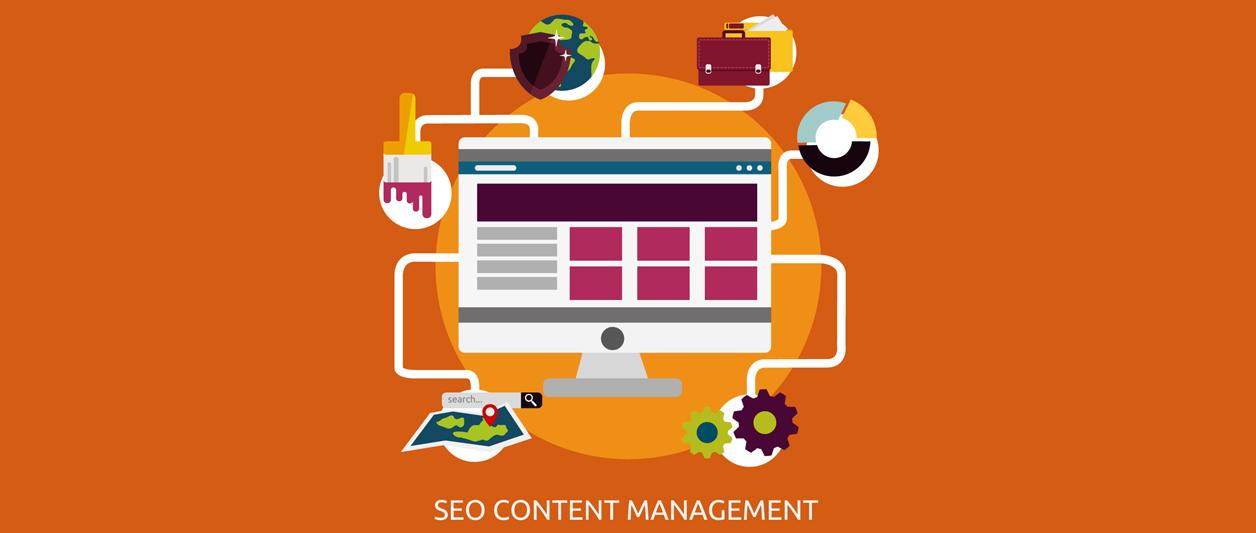
Picking a content management system (CMS) is an important part of launching your website and keeping your site search engine optimized. It allows you to post and manage your website’s content without having to directly change the source code behind it or rely on a web design company to update your website. While there are many CMS options, all serve different needs. We have prepared this short guide to help you evaluate popular CMS options based off the following considerations, and to get the most out of your custom website design.
Ease of Use
Most people who use a CMS for their website do so because they’re looking for an easy user experience that doesn’t require a lot of technical know-how. This is one of the reasons why WordPress has become the dominant choice for content management solutions. With a huge distribution and a large developer community, WordPress is open-source and well-documented, with thousands of off-the-shelf plugins ready to install for an almost endless amount of use cases.
WordPress is a fantastic option for small sized websites requiring virtually no understanding of programming with its intuitive drag-and-drop interface. Many top web design companies specialize in website design services focused around WordPress, providing expansive resources and support.
Flexibility
While easy to use, WordPress isn’t the best solution for all website needs. Some web projects are too robust for the simplicity that WordPress provides. For projects that need solutions for immense scaling, Drupal is the CMS of choice. Though it requires more knowledge of web design than WordPress, its powerful platform can be adapted to do almost anything.
Whereas WordPress only works with MySQL databases, Drupal is compatible with all database structures, opening up many options for custom development projects. It’s faster than WordPress and can handle complex and dynamic tasks that aren’t well suited to other content management systems. A professional and experienced web design company can build almost anything on the Drupal platform.
Versatility
If WordPress and Drupal represent the CMS extremes of ease of use and flexibility, then Joomla sits somewhere in the middle between them. Joomla retains much of the ease that WordPress provides without requiring as much web development understanding as Drupal (though it does require more technical understanding than does WordPress).
On the other hand, Joomla also offers more customization options than WordPress. Like Drupal, Joomla works with all databases types. It even offers backend templates to help design the structure of your data. Joomla provides a lot of flexibility when developing a professional website design.
-
Confused on whether you should use WordPress, Joomla, or Drupal as your CMS? Contact us today and one of our web specialists would be happy to discuss your web development
needs further.
Let's Get to Work.
Have an unsolvable problem or audacious idea?
